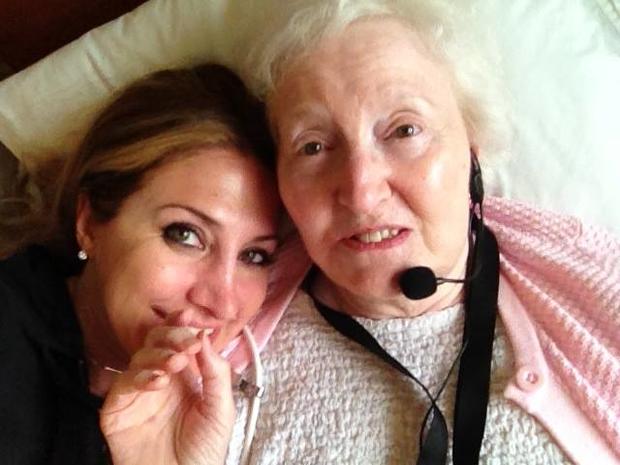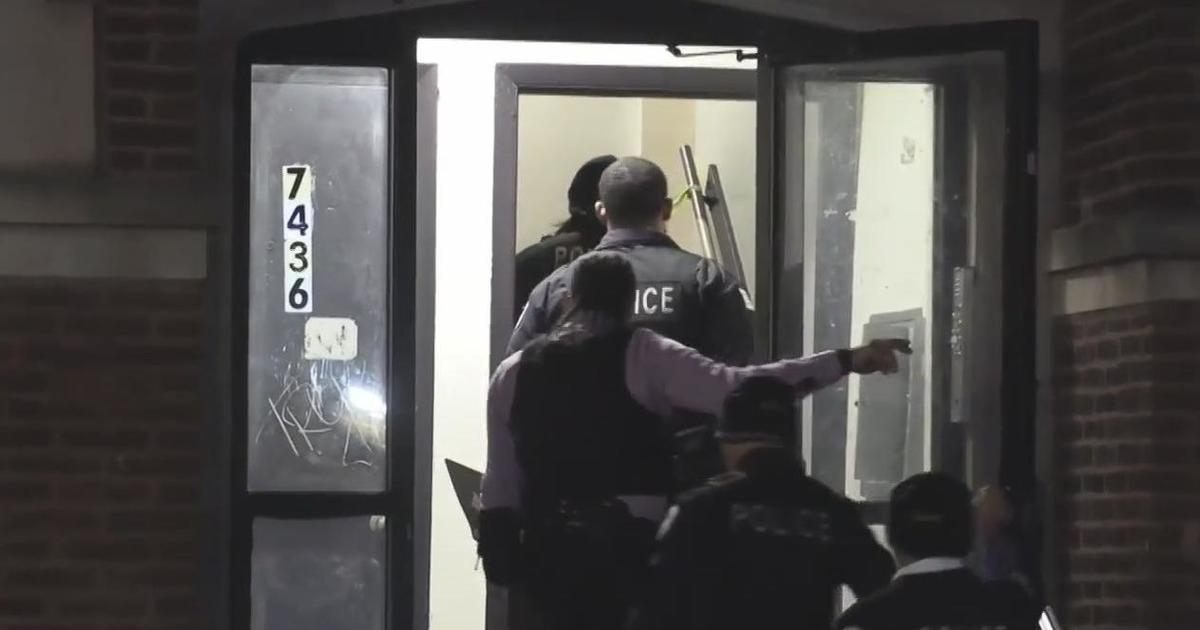Brain Donation Key To Curing Degenerative Diseases
CHICAGO (CBS) -- Jane Monzures' mother was diagnosed with a rare, incurable brain disease five years ago.
Brain Donors Key To Research
"She first noticed a problem with her handwriting," Monzures said. "It changed in her left hand.
"She went to the doctor and had an MRI to find out what was going on. They saw something a little bit different."
Her mother didn't get answers right away.
"It took about four years before someone figured out what was wrong with her. She went undiagnosed for a long time," Monzures said.
Eventually, Barbara Monzures was diagnosed with a rare brain disease called Corticolbasil syndrome, which is incurable and terminal.
"She eventually lost mobility on her left side and knew what was to come," Monzures said. "She never got mobility back. They told her she'd eventually lose the use of your left hand then your left leg, then it'll spread to the right side of your body, and then you won't be able to speak or swallow."
In 2009, Barbara made the decision to donate her brain after she died.
"We were at Mayo clinic and we were visiting with the doctor and she put her hand on my knee and said, 'I know you don't want to hear this but I'm going to donate my brain for research,' " Monzures said.
"As her daughter, it was tough to hear, but she was a nurse and an educator and I know this was something that was very important to her and it was important to her from the onset of the disease. If this was her decision, I was OK with it."
Barbara Monzures lost her battle with Corticolbasil syndrome last week.
Dr. Cindy Zadikoff, a Northwestern University neurologist, will be studying Barbara's brain in hopes of answering what she can in death that she couldn't in life.
"By donating her brain to us, the pathologist can now look under the microscope and can actually give an infinitive diagnosis that we couldn't do while she was alive. The effects of that are far-reaching," said Dr. Zadikoff.
Zadikoff said her donation is one of the most important contributions to research and one of the most important decisions should could have made before she died.
Autopsy and pathology numbers have gone down in recent years, in part, Zadikoff says because patients don't know it's an option.
"Its our job to inform our patients that this is something they can do for their families and future patients," Zadikoff said.
For Monzures, she's done her own part in carrying on her mother's legacy.
Before her mother died, she began a charity that raises money for brain research.
"Live. Love. Life" is a 501c3 Illinois non-profit.
The annual fundraising event will be Saturday, Nov. 2 at the Museum of Broadcast Communications.
All proceeds from this year's L3 event will support brain disease research at Northwestern University's Feinberg School of Medicine.
To purchase tickets, log onto www.live-love-life.org.
Former Chicago Bears safety Dave Duerson shot himself after writing a note asking that his brain be studied for chronic traumatic encephalopathy.
NFL linebacker Junior Seau also took his own life, and his family donated his brain for research.
Many families and patients don't know that brain donation is an option.
"I can raise money, I can raise awareness for brain disease research but none of that will ever be as big a donation as my mother has given," said Monzures.




